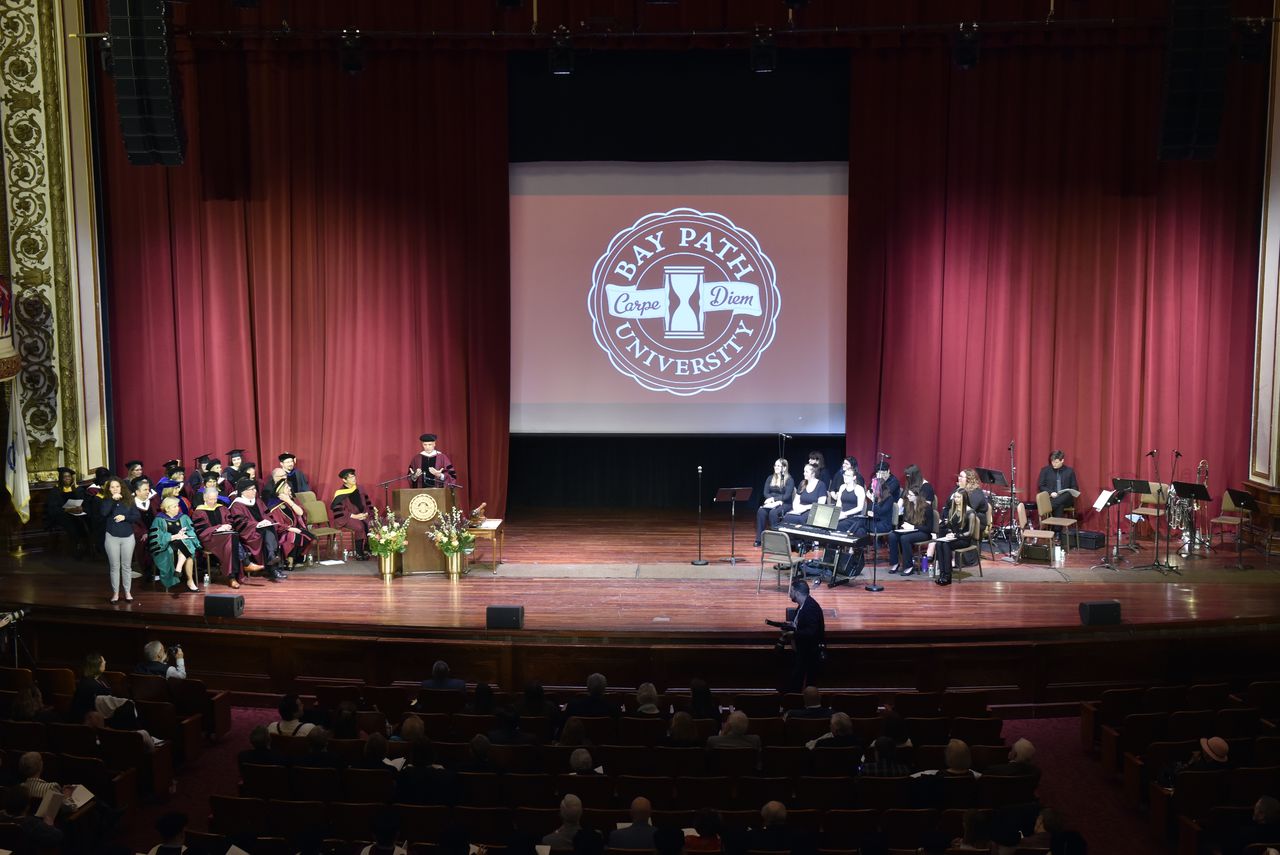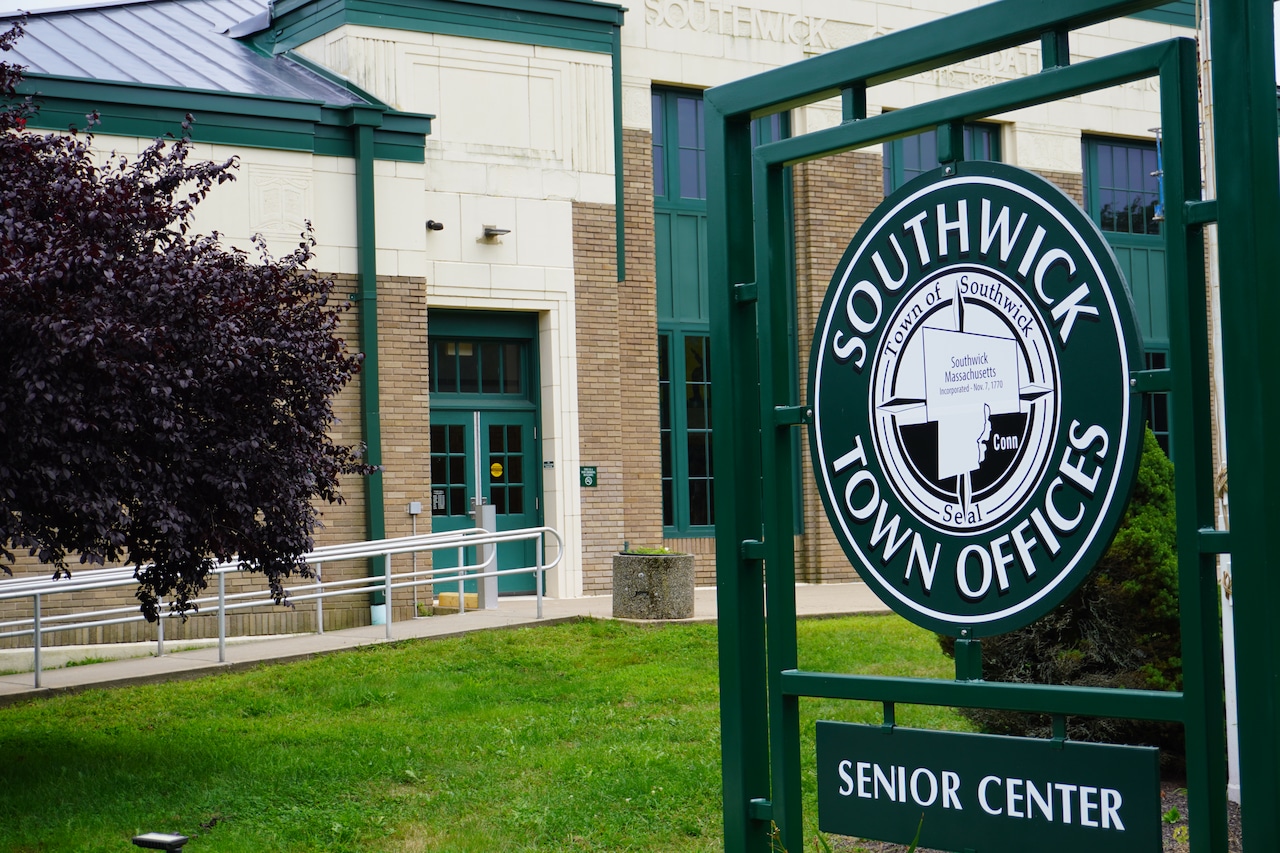
The migrant housing crisis in Massachusetts has evoked a governor’s emergency declaration and national headlines. Last Monday, this controversial issue landed in Longmeadow, as rumors spread that Bay Path University was being evaluated as a site to house migrants.
Rapidly, a great deal of misinformation and sensationalism gripped the town via mass texting and social media posts. The ensuing anti-migrant sentiment and baseless criticism of Bay Path University was chilling to witness.
I have been a nine-year veteran, and past chairperson, of the Longmeadow Finance Committee. I am also a trustee of Bay Path University. On Monday, Sept. 11, a half dozen friends forwarded me widely shared texts claiming Bay Path University had agreed to house hundreds of migrants and had been intentionally keeping this secret from the public.
It was stated that migrant children would be enrolled in Longmeadow schools. These claims were also spread on townwide Facebook pages, prompting an uproar and a great deal of opposition.
All of these claims were false.
Here are the facts. Gov. Maura Healey has asked colleges in Massachusetts to consider the possibility of housing migrants. Migrants are already being lodged at both Eastern Nazarene College in Quincy, and Salem State University.
Sandra Doran, Bay Path’s president, attended an informational meeting with representatives from the governor’s office to learn more. She learned this was a request to provide temporary, emergency housing of no more than 30 days for up to 156 parents (or single mothers) and their children, primarily from Haiti.
Because of the limited duration of stay, the children would not be enrolled in Longmeadow schools. The migrants would occupy an unused dorm on campus and state funding would cover all expenses, including food service brought on site, staff to clean and manage the building, social services, health care, and transportation. Migrants housed would have no access to any other campus building.
This information was shared with the Bay Path Board of Trustees by email on Sept. 8, and an evening meeting on Sept. 11 was scheduled to discuss it. As someone who has dedicated years to closely watching Longmeadow’s finances and advocating for fiscal restraint, I was pleased to know housing migrants would not burden our schools.
As a believer in Bay Path’s mission to educate and empower women, I saw a potential opportunity to not only help mothers and children fleeing political and economic oppression, but also a chance to involve our students in unique educational opportunities. Service-minded Bay Path students pursuing degrees in education, healthcare, or teaching English as a second language could have a unique chance to learn skills and help a cohort of desperately needy families.
At the same time I planned to ask rigorous questions to assess any impact housing families might have on Longmeadow. Would the police department have extra duties or would Bay Path security officers shoulder responsibility for the needs of these temporary guests? Even possibilities as mundane as — would migrant children use the playground at Bliss Park? — crossed my mind.
I was looking forward to having a robust board discussion and hearing what other trustees thought about the matter.
Unfortunately, this conversation never had a chance to materialize in a meaningful way, at Bay Path or in Longmeadow. By the time of our scheduled meeting, strong public opposition to migrants, fueled by misinformation that stoked fear, became clear.
In less than 24 hours, the topic had become so controversial that the board felt to pursue it further would be a disservice to our students and unwanted distraction from our primary goal of educating young leaders.
The irony of living in a liberal state led by Democrats that advocate for migrant rights on a national level was not lost on anyone. It is popular to criticize states along our southern border for their handling of the migrant influx, and to criticize their efforts to secure that border, but when this crisis touches us, and the smallest hint of sacrifice to our community causes us to recoil, it reveals our true values and beliefs.
I do not consider myself any more or less altruistic than my fellow townspeople. If bringing a few dozen migrant children to Longmeadow would have burdened our schools and strained our perpetually tight fiscal budget I would not have been as open to this proposal. I do not know if continuing discussions with the state would have ultimately led Bay Path to consider housing migrants (the state’s roll out of this program has been criticized), but I do know that no decision would have been made without frank and open conversation with the Bay Path community and town of Longmeadow.
In my five years as a Bay Path trustee, I have seen that the board always carefully considers the impact of any decision on the Longmeadow community. This care stems from the fact that most of us live in Longmeadow and believe the interests of the university and town are aligned. Bay Path benefits when Longmeadow prospers, and Longmeadow benefits from having an outstanding and highly regarded women’s university in town.
Bay Path is one of the largest employers in Longmeadow and many professors and administrators are our neighbors and friends.
Whereas sensational, viral messaging may have scuttled this discussion of migrant housing before it could even occur, I am hopeful the next time a controversial issue grips our community we will work hard to discern truth in what we see online and communicate with one another, and that our first instinct may always be to give our town leaders, valued institutions, and one another, an ounce of grace and the benefit of the doubt until facts become clear.
Andrew Lam, M.D., is a surgeon, author, past chair of the Longmeadow Finance Committee, and trustee of Bay Path University.





